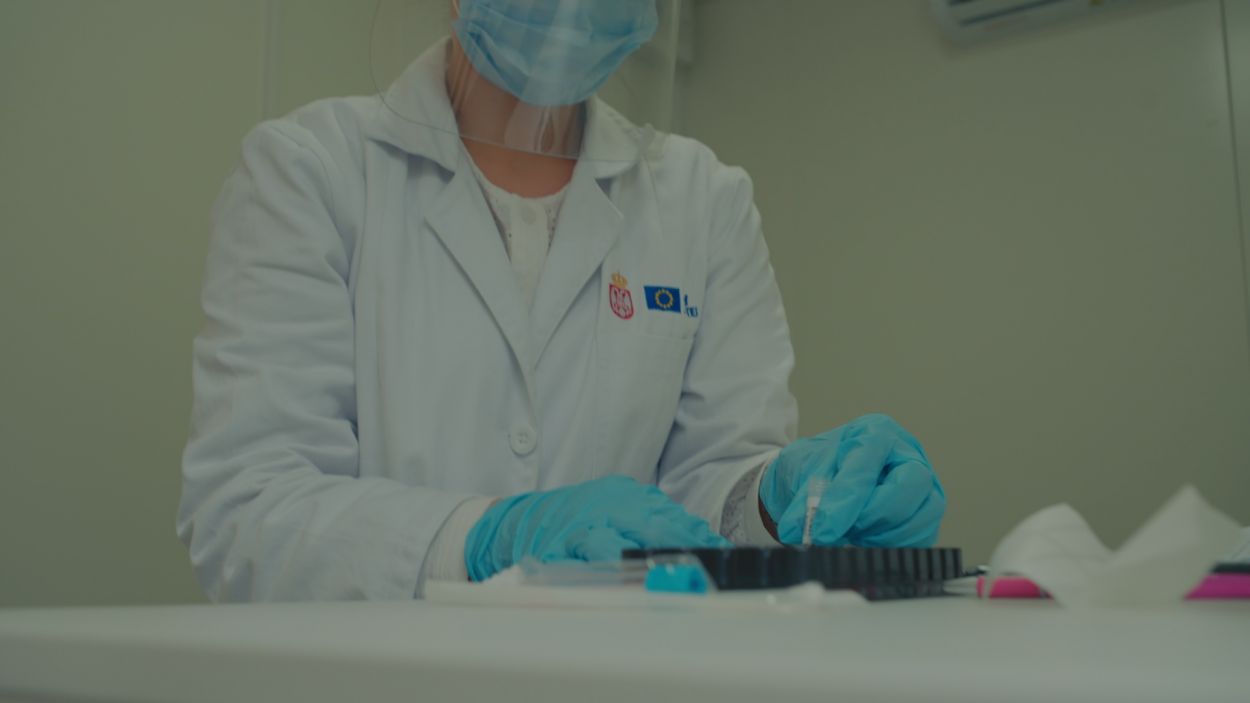“The threat of this virus or maybe some other virus will be floating both in our heads and in our areas for some time,” said Dr Aksentije Tošić, acting director of the Čačak Institute of Public Health, at the end of the first year of the pandemic.
Two years after COVID-19 changed all our lives, and at a time when the numbers are finally much less black, we can say with certainty that Dr Tošić was right.
“This fight will require additional engagement, additional efforts, resources of all kinds: both personal and equipment,” said Dr Tošić.
Fortunately, tired doctors, nurses, technicians, and other heroes employed in the health system – had someone to jump in to help. Two hundred young and unemployed professionals have joined the fight against COVID. They performed checkups, tested patients, helped with vaccinations…
At first, they joined only for three months, and when it turned out that their contribution was very significant, and that the corona virus did not give up, the contracts were extended, so they remained employed for 15 months. For the entire period, the salaries of these 200 people were covered by the European Union, and that is just one of the types of assistance that the EU provided to Serbia in the fight against the corona virus.
As of November 2021, a total of 5,720,813 medical services were provided in the 25 institutions where they were employed. Nine of them out of two hundred were engaged in the Institute of Public Health in Čačak.
“We should all help each other,” says Dr Tošić, whose specialty is epidemiology, “And we should all have one goal: to get through this difficult time as easily and painlessly as possible.”
Since the beginning of the pandemic, the European Union has supported Serbia in the fight against the spread of the virus with more than 77 million euros, of which 20.7 million euros were spent on urgent support and urgent needs to strengthen the health system in Serbia in crisis situations and during regular functioning.





